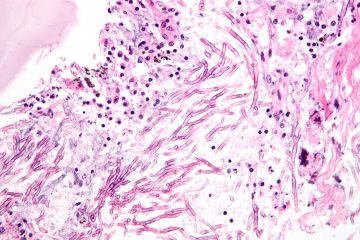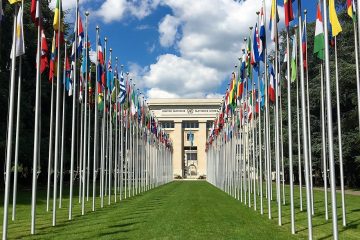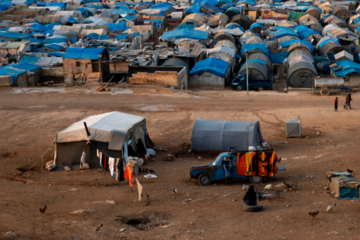Crucial steps to Global health: Insights from the World Health Summit 2023 as part of the Global Health Next Generation Network delegation
The World Health Summit 2023, held in Berlin, convened over 3,100 global health stakeholders from more than 106 countries. Among the attendees was a delegation from the Global Health Next Generation Network, a platform committed to involving and supporting young, dynamic professionals in participating in global health policies and discussions. Read more









